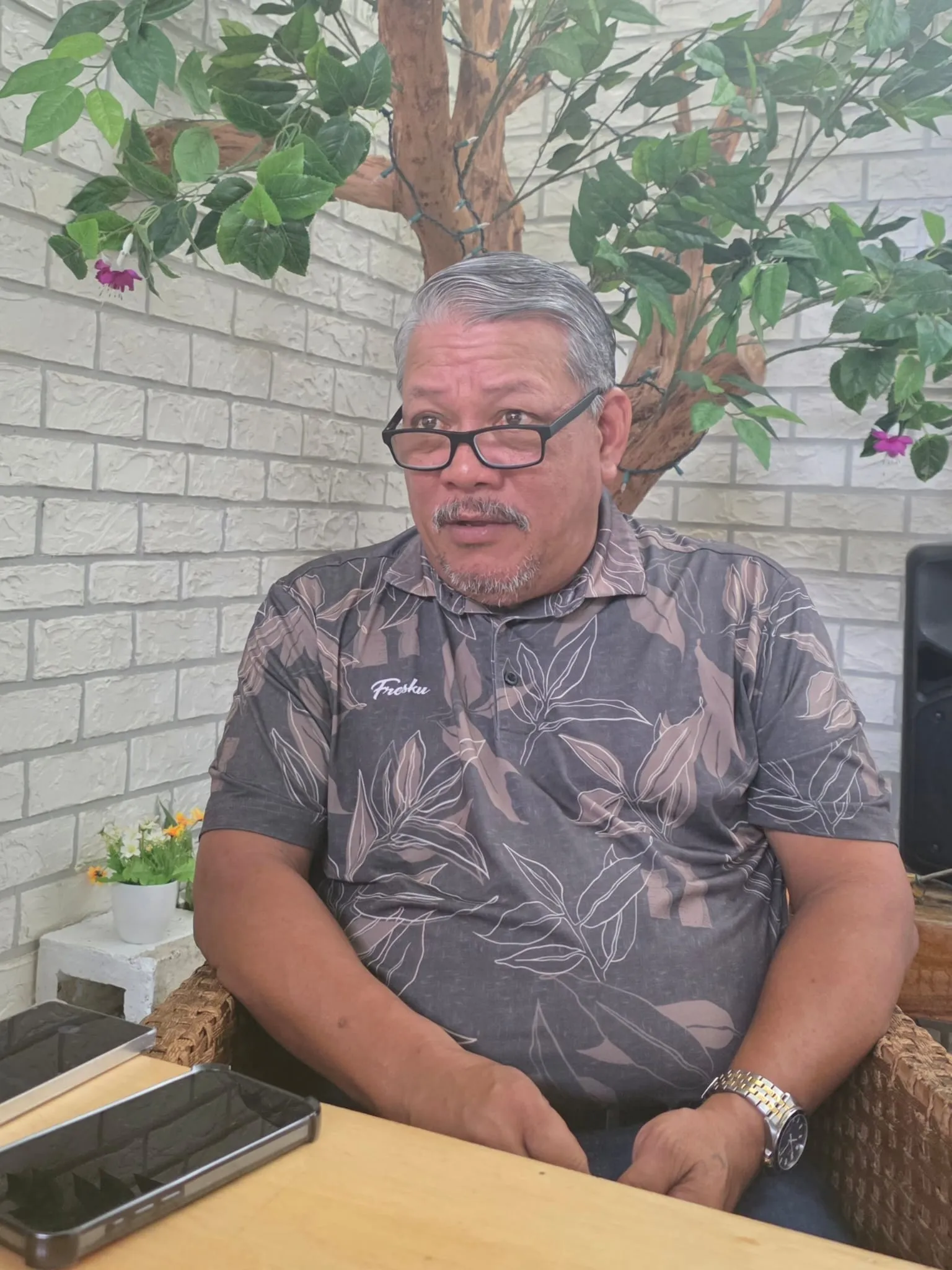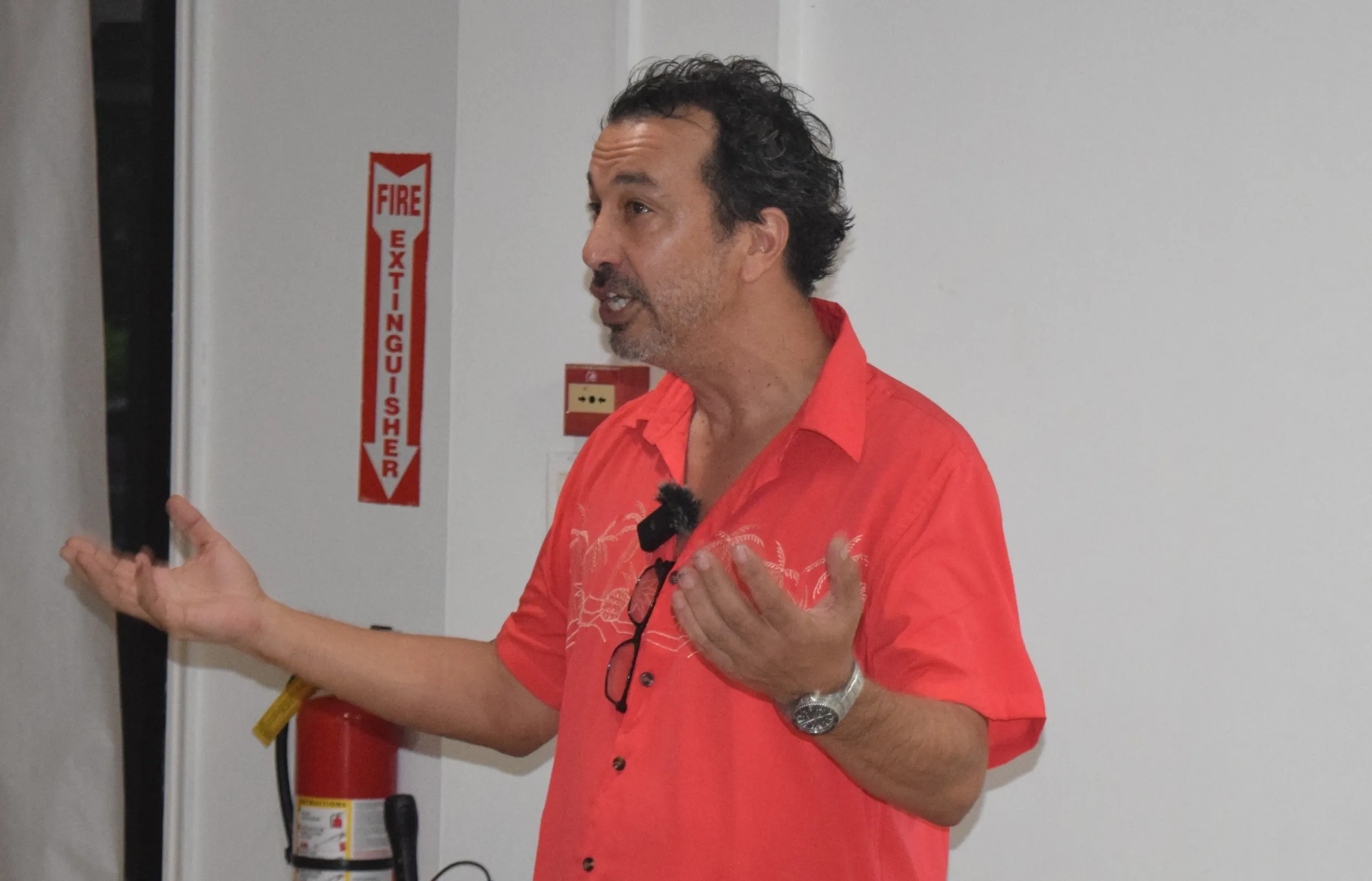Budget bunkum
HOW can you as a lawmaker assure “the people” that you “work for them” when you can’t or are unable to prevent a partial government shutdown that could result in pay cuts for many people?
As we write this, the budget bill, which was submitted on April 1st, is still with the Legislature. It is up to the House and the Senate to find a middle ground before Oct 1st. They can either pass the budget or not. Finger-pointing, name-calling and tedious speechifying won’t change the fact that lawmakers have yet to transmit a budget bill to the governor.
Apparently, for some lawmakers, their “principle” is sacred — it is more important than the livelihood of “non-essential” government employees. And what is that principle? They believe that their political opponents have none. Fair enough. In an election year, however, you argue your political differences on the campaign trail, and you appeal directly to voters.
But you don’t inflict hardship on thousands of people because of your political differences. This may be news to some politicians, but not a lot of people would welcome pay cuts just because their so-called leaders can’t lead themselves out of a political squabble.
This is not about politics, some of them say.
You know when it’s about politics? When politicians say it isn’t.
Meanwhile, thousands of “non-essential” government employees may be furloughed because five long months are not enough to pass a budget acceptable to 29 politicians, many of whom are seeking re-election or higher office to “serve the people” (except “non-essential” government employees).
Paging James Madison
A HOUSE member recently mentioned “checks and balances” regarding the budget deadlock. He seemed upset that the Senate, whose leadership belongs to the other political bloc, doesn’t agree with him who’s with the opposing political group.
Does he believe that “checks and balances” work one-way? Of course not. (Read “The Federalist Papers.” Please.) The Legislature serves as a check on the executive branch — and vice versa; and both houses of the Legislature serve as a check on one another. The third branch of the government, the judiciary, also serves as a check on the two other branches, and vice versa.
Moreover, politicians who belong to different political groups disagree with each other all the time. Otherwise they’d all belong to one party. (And yes. Even politicians who share the same political affiliation are also known to disagree with each other.)
It seems that the only politicians who are surprised whenever someone disagrees with them are those who believe they’re always right, and can’t possibly be wrong — even if they are.










